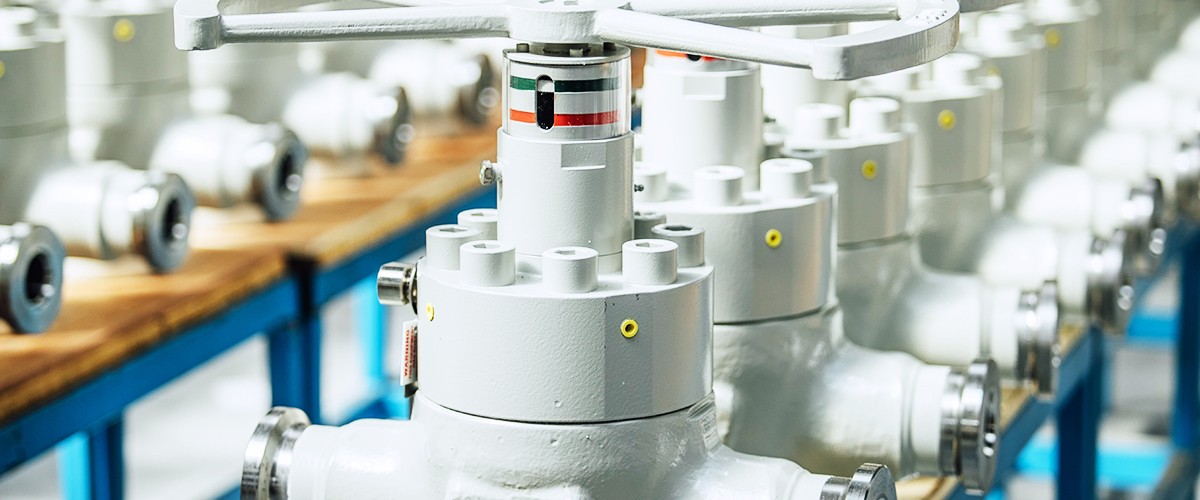
Industrial valve automation is transforming manufacturing processes by introducing advanced technologies that enhance efficiency, precision, and control. From automated control systems to robotic actuators, the integration of automation solutions is revolutionizing the way valves are operated and managed in industrial settings. In this article, we’ll explore the impact of industrial valve automation on manufacturing processes.
1. Increased Efficiency and Productivity:
Industrial valve automation streamlines manufacturing operations by automating repetitive tasks and minimizing manual intervention. Automated valve control systems enable precise and rapid adjustments to flow rates, pressures, and temperatures, optimizing production processes and reducing cycle times. By eliminating human errors and delays, automation enhances overall efficiency and productivity in manufacturing facilities.
2. Enhanced Process Control and Accuracy:
Automation solutions offer unparalleled precision and control over industrial valves, ensuring consistent and accurate operation in complex manufacturing processes. Programmable logic controllers (PLCs) and distributed control systems (DCS) enable centralized monitoring and control of multiple valves, allowing operators to fine-tune process parameters and maintain tight control over production variables. This level of control enhances product quality, reduces variability, and minimizes waste in manufacturing operations.
3. Improved Safety and Reliability:
Industrial valve automation enhances safety by reducing the risk of human error and minimizing exposure to hazardous environments. Automated valve actuators can perform critical operations, such as emergency shutdowns or pressure relief, with greater speed and reliability than manual intervention. Additionally, automated monitoring systems can detect abnormalities or malfunctions in valves, triggering alarms or initiating corrective actions to prevent accidents or equipment damage.
4. Remote Monitoring and Management:
Automation enables remote monitoring and management of industrial valves, allowing operators to monitor valve status, performance, and condition from anywhere in the world. Through networked systems and cloud-based platforms, real-time data on valve operation, diagnostics, and maintenance requirements can be accessed remotely, facilitating proactive decision-making and optimizing asset management strategies. Remote capabilities also reduce the need for onsite personnel, minimizing labor costs and increasing operational flexibility.
5. Integration with Industry 4.0 Technologies:
Industrial valve automation is closely aligned with the principles of Industry 4.0, leveraging digital technologies to create interconnected, intelligent manufacturing systems. Automation solutions can integrate with IoT devices, sensors, and data analytics platforms to enable predictive maintenance, predictive process optimization, and real-time performance monitoring. By harnessing the power of data-driven insights, manufacturers can optimize production efficiency, reduce downtime, and enhance overall competitiveness.
In conclusion, industrial valve automation is revolutionizing manufacturing processes by introducing advanced technologies that enhance efficiency, precision, and control. From increased productivity and process optimization to improved safety and reliability, automation solutions offer a wide range of benefits for manufacturing facilities. By embracing automation, manufacturers can streamline operations, increase competitiveness, and position themselves for success in an increasingly digital and interconnected world.




